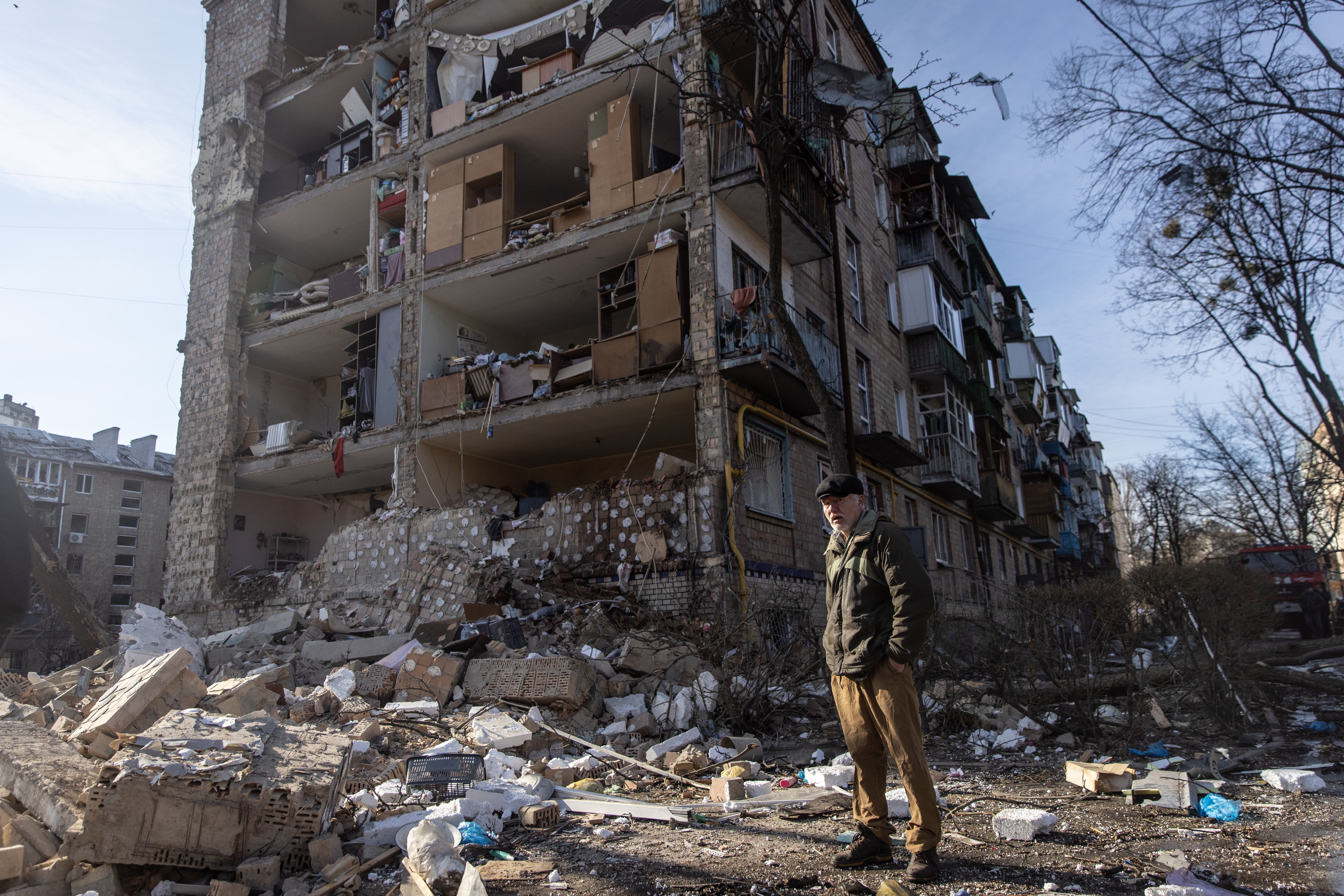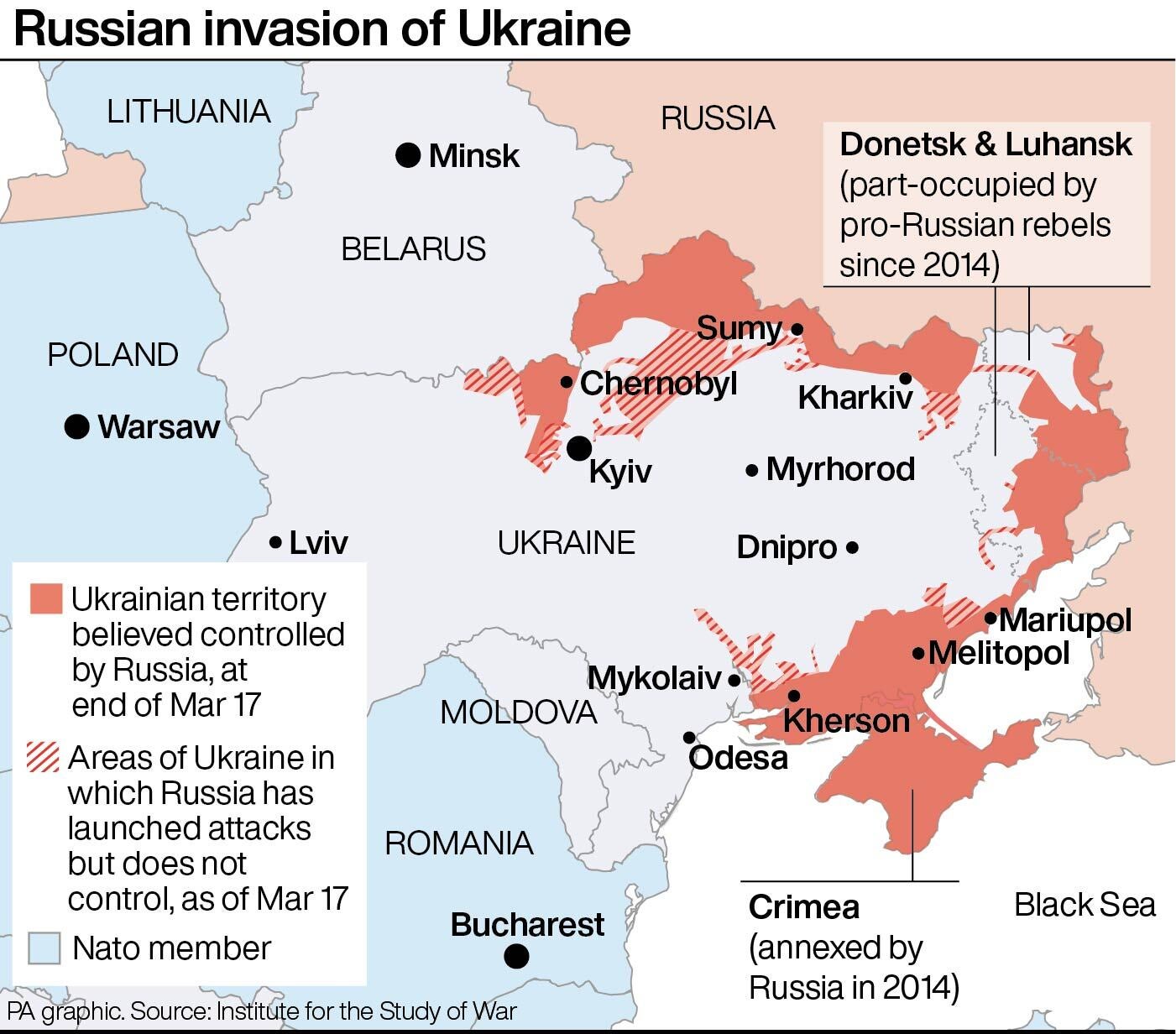Food supply chains are ‘falling apart’ in Ukraine, UN warns
World Food Programme says food and water supplies are running out in besieged cities such as Mariupol

Your support helps us to tell the story
From reproductive rights to climate change to Big Tech, The Independent is on the ground when the story is developing. Whether it's investigating the financials of Elon Musk's pro-Trump PAC or producing our latest documentary, 'The A Word', which shines a light on the American women fighting for reproductive rights, we know how important it is to parse out the facts from the messaging.
At such a critical moment in US history, we need reporters on the ground. Your donation allows us to keep sending journalists to speak to both sides of the story.
The Independent is trusted by Americans across the entire political spectrum. And unlike many other quality news outlets, we choose not to lock Americans out of our reporting and analysis with paywalls. We believe quality journalism should be available to everyone, paid for by those who can afford it.
Your support makes all the difference.Food supply chains in Ukraine are collapsing, with a portion of infrastructure destroyed and many grocery stores and warehouses empty, a UN World Food Programme (WFP) official has warned.
“The country’s food supply chain is falling apart. Movements of goods have slowed down due to insecurity and the reluctance of drivers,” Jakob Kern, WFP Emergency Coordinator for the Ukraine crisis, told a Geneva press briefing by videolink from Poland.
He also expressed concern about the situation in “encircled cities” such as Mariupol, saying that food and water supplies were running out and that its convoys had been unable to enter the city.
WFP buys nearly half of its wheat supplies from Ukraine and Mr Kern said that the crisis there since the Russian invasion on 24 February had pushed up food prices sharply.
“With global food prices at an all-time high, WFP is also concerned about the impact of the Ukraine crisis on food security globally, especially hunger hot spots,” he said, warning of “collateral hunger” in other places.
The agency is paying $71 million (£54 million) a month extra for food this year due to both inflation and the Ukraine crisis, he said, adding that such an amount would cover the food supplies for 4 million people.
“We are changing suppliers now but that has an impact on prices,” he said. “The further away you buy it, the more expensive it gets.”

Reuters
Join our commenting forum
Join thought-provoking conversations, follow other Independent readers and see their replies
Comments